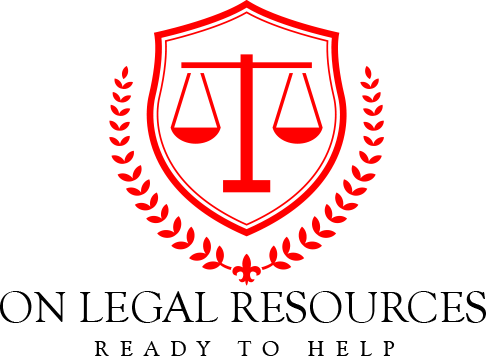What Happens When Bond is Revoked
February 25, 2021
The American justice system utilizes the cash bail system as a means of providing defendants with an opportunity to stay out of jail and in the community while awaiting criminal trial. Because most people don’t have the means to pay the total sum of bail, which can be in the hundreds of thousands of dollars, many of them to turn to bail bonds near me Allentown PA to help.
What is a Bail Bond?
Judges have leeway to set bail amounts based on their assessment of the severity of crime and danger to having the defendant out in the community while awaiting trial. This amount must be paid in cash or via a bail bond.
A bail bond is a type of surety bond that is issued by a bail bond agent or bondsman. This bond is a guarantee to the court for the entire amount of the defendant’s bail. The bail agent keeps a fee for this service equal to a certain percentage of the total bail. The rest of the bail is guaranteed by the defendant’s collateral property, which is returned when the defendant has fulfilled the terms of bail.
What is Bond Revocation?
A bail bond serves as an insurance policy for the court. It incentivizes the defendant to follow court orders and to show up for hearings as scheduled. If the defendant breaks the terms of his or her bail, the judge can revoke bond. In the event of bond revocation, the judge issues an arrest warrant for the defendant and the money that was put up as bail is forfeited to the court. In the case of a bail bond, rather than cash bail, the collateral will go to the agent who issued the bond. That person, in turn, will pay it to the court.
Once bond is revoked, the defendant will be arrested and detained in jail throughout the course of legal proceedings. Although judges have discretion to offer bail again, they typically will not do so in these cases.
